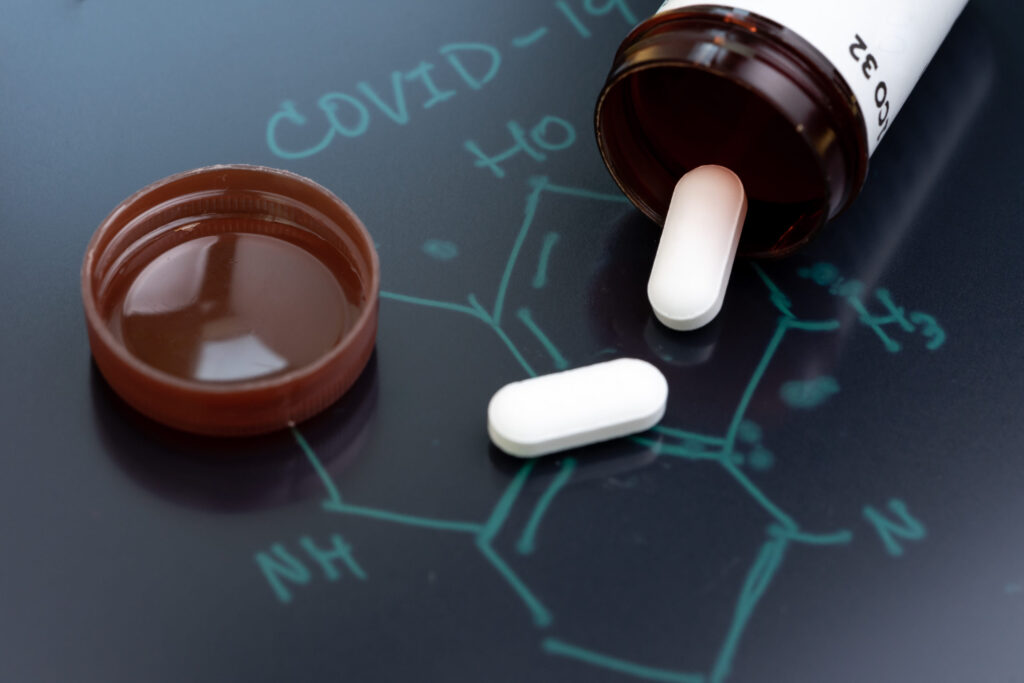NPR misleads in critique of Pfizer deal
November 17, 2021
NPR misleads its audience by mis-describing the license deals for the new Pfizer anti-COVID drug. But the structure of that deal is just how drug deals do work in this modern world.
They are much better than they were a generation ago, and probably about as good as we’re going to make them.
The base problem is that it costs $1 billion and more to get a drug through the testing process to gain a license. Someone, somewhere, has to pay that cost, so someone, somewhere does. Most drugs cost very little to actually manufacture but that billion to be able to develop them. That’s the drug pricing problem.
The solution is that we people in the rich world – we are the rich people, that’s what being in the rich world means – pay that development cost. The poor people out there, in those poor countries, they pay just the manufacturing cost, no contribution to the development. People in the middle, in middle-income countries, pay more than the poor, less than us rich. That’s not just how it works these days. It also has a good chance of being the moral solution.
But NPR gets most of this right and not all. They correctly describe the new Pfizer deal as allowing poor countries – about 95 of them – to make the new covid drug for no royalty. For whatever it costs to actually make the pill. But then they say:” The generic drug will be legal in many countries that are classified as either low-income, lower-middle-income or upper-middle-income territories. But it will not be available in Russia, Turkey, Brazil, or Romania …(…)…While the list of approved countries includes many nations in Latin America, neither Mexico nor Argentina are among them.”
The reason being that those named countries are rich. Sure, we don’t think of them that way, we think of them as poor. But by global standards, they’re very much on the rich side of the ledger.
So, the normal deal applies. The actually poor places get the drug without having to pay a royalty to cover profit and those development costs. We in the rich countries pay full price. Those in the middle like Turkey, Argentina and so on, they pay a bit. This is also the way it would if governments did all drug development, if there were no capitalism here at all. Because it would be the rich folks paying most of the tax, those not so rich paying some and the poor paying nothing.
NPR is clearly an influential media outlet. This particular piece is from its website which can have – as it did in election week – as many as 160 million page views in a week. Given that it is also publicly funded, it’s incumbent upon NPR to get stories right.
There’s nothing odd or strange about this new Pfizer licensing deal for their new covid drug, Paxlovid. This is simply the way such deals are done these days.
The poor don’t have any money to pay for the development costs, so they’re not charged them. The rich do so they are. The folks in the middle pay a bit. How else would anyone do it?
